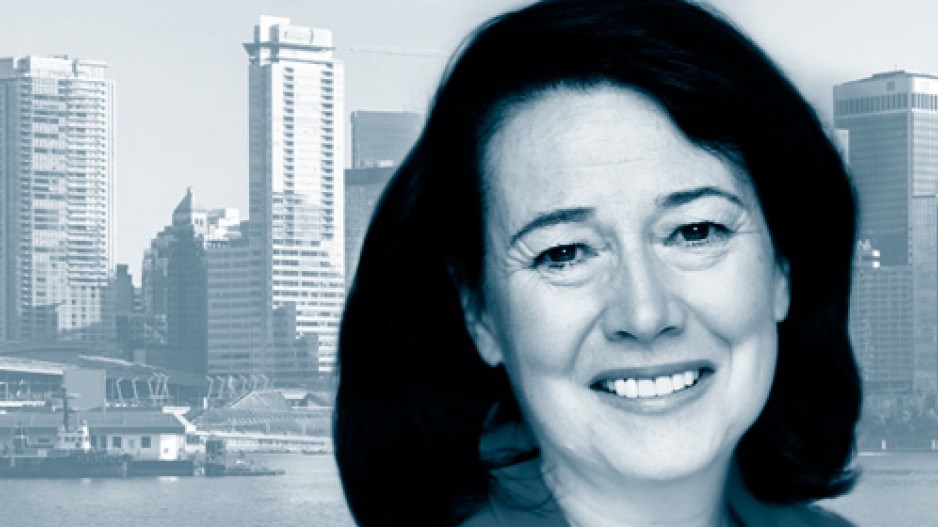Although B.C. has enjoyed the strongest economy in the country for several years, the benefits have not been shared equally. The widening gap in income and wealth is a phenomenon throughout much of the industrialized world but it is particularly pronounced in B.C., exacerbated by our three affordability challenges – the cost of housing, child care and transit.
One in five B.C. children live in poverty, one in three start school with vulnerabilities that limit their healthy development, and the inequities facing our Indigenous peoples are unconscionable. Add to this our aging population, low birth rate and the impact of the digital revolution that is transforming our economy, eliminating traditional jobs and creating new ones that require higher levels of skill.
Income inequality is, in part, a function of unequal educational attainment. The importance of investing in education is generally understood, but we often ignore the foundation; it is early childhood development that sets the trajectory for lifelong learning, behaviour and health.
At long last, we’re seeing some serious action on this challenge. This summer, the federal government signed a deal with the provinces to create more high-quality, affordable child-care spaces, and B.C. has promised to implement $10-per-day child care – a plan that will take 10 years to fully implement, with investments beginning in 2018.
Provided the plan makes quality care a priority, this investment could level the playing field for all children, maximize women’s participation in the economy and position B.C. as a leader in the global knowledge-based economy.
Our aging population is another challenge that we must not leave for future generations. Access to child care will allow many young families to have the children they want, but integration of new immigrants is also necessary to offset low birth rates and achieve a reasonable balance between our workforce and our retired population.
Canada does a generally good job of welcoming economic migrants, while adhering to our international obligations to support those in need. But we are not immune to the public backlash emerging in countries around the world. The 2017 Edelman Trust Barometer provides sobering evidence of this: one in two Canadian respondents agree that the influx of people from other countries is damaging to our economy and national culture.
We must do more to ensure the success of new immigrants in the labour market by improving processes for recognizing foreign credentials, better matching newcomers with labour force needs, and assisting employers to attract and retain immigrant talent. We must also proactively welcome new Canadians into all aspects of community life, thereby building the social cohesion that will protect against nascent anti-immigrant sentiment.
We face yet another equally daunting challenge. For the past decade, politicians have lamented our increasingly unaffordable housing problem.
Street homelessness elicited promises to end it – a goal impossible to achieve at the municipal level because it is part of larger social pathologies. More recently, the focus has broadened to recognize the squeeze facing young families and the related need for efficient public transit. Businesses also face constant turnover of employees who cannot gain a foothold in the ownership or rental market.
Finally, all three levels of government are paying attention. The new national housing strategy signals a return of federal involvement in housing that is most welcome, and the province is promising action with the 2018 budget. Local governments are at the front line, grappling with densification, NIMBYism, inclusionary zoning and fast-tracking. But, sadly, there will be no quick fix.
The challenges we face in B.C. are complex and interrelated. 2018 is the year to get serious about tackling them.
This means engaging the institutions of civil society in a sustained conversation about the necessary trade-offs and promoting cross-fertilization of opinion among leaders from government, business and community. It also means cutting our politicians the slack they need to look beyond the next election cycle.
We won’t get everything we want, and we won’t get it all at once. But we can, and must, make a serious commitment to move toward greater equality and a province that works for all our citizens. •
Janet Austin is CEO of YWCA Metro Vancouver.




